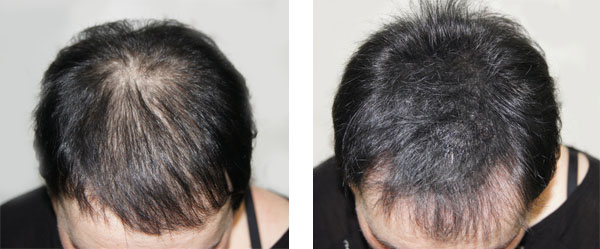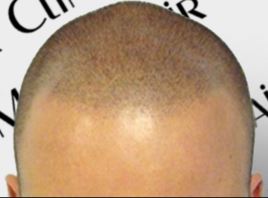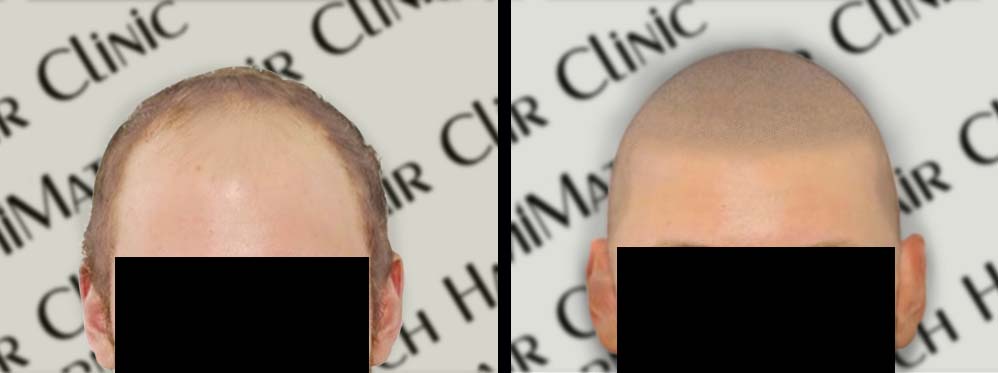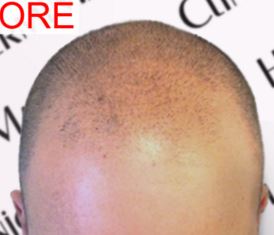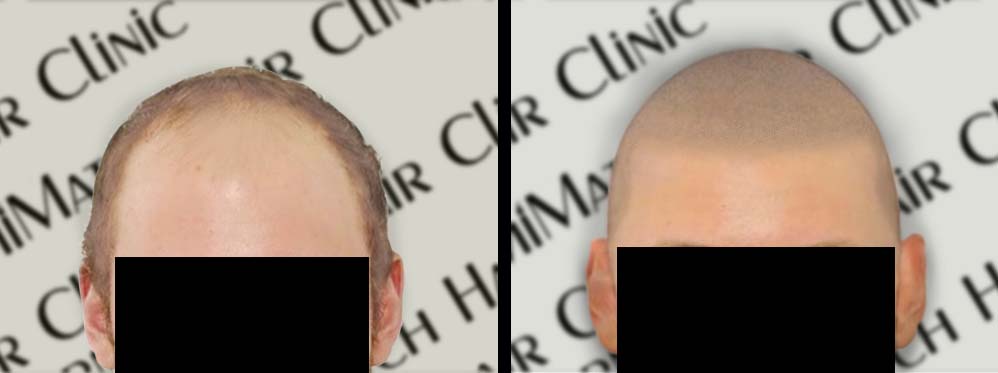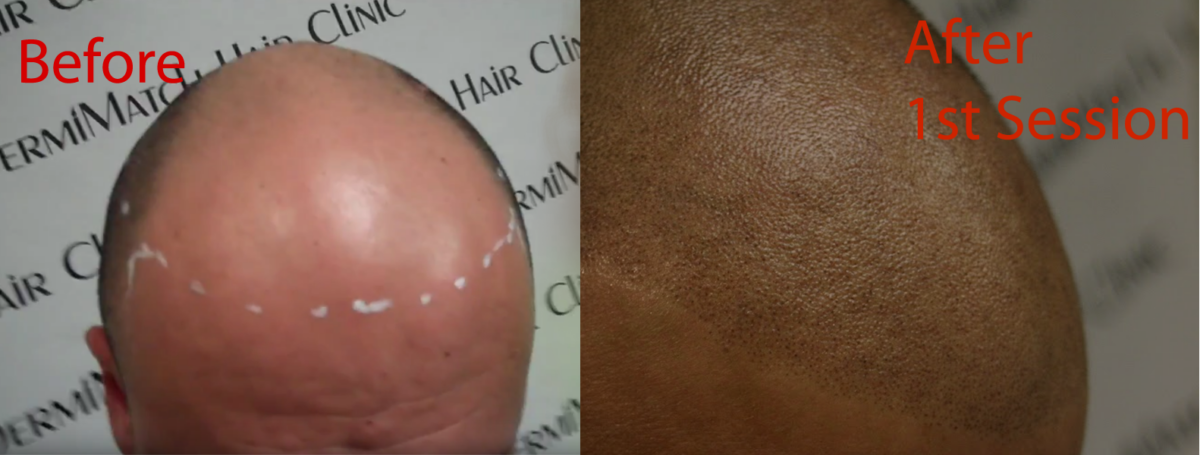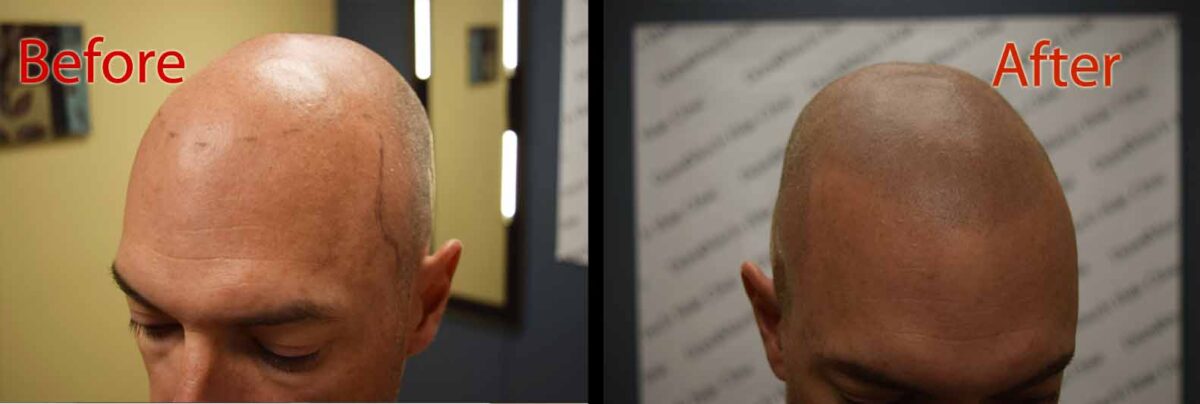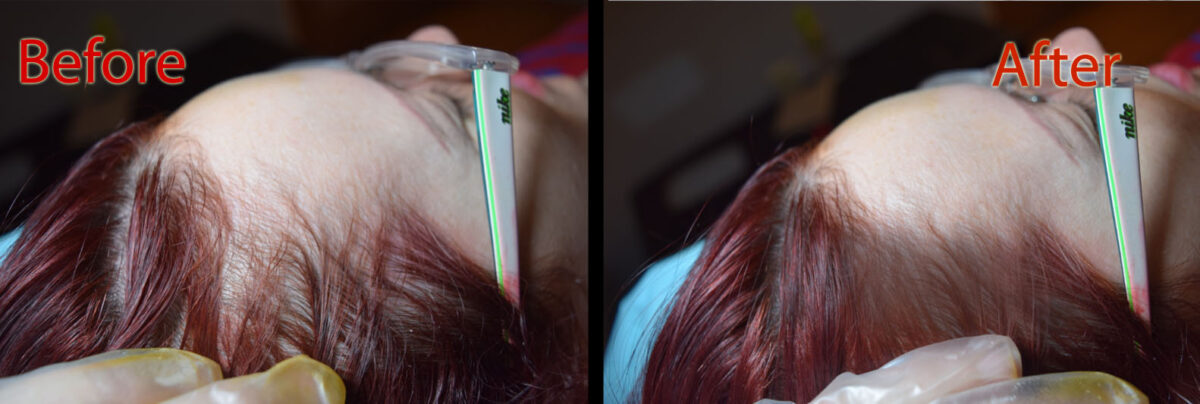Garlic has found a place on the list of hair loss remedies. But does garlic for hair loss work? Let’s explore the garlic hair growth connection and find if DIY garlic hair masks as a natural solution for thinning hair work.
Garlic for Hair Loss Benefits
Combating Scalp Issues
Garlic boasts antifungal and antibacterial properties. These properties are believed to combat scalp issues like dandruff and infections. A healthy and balanced scalp environment is considered crucial for optimal hair growth.
Enhanced Blood Flow
Some believe garlic promotes blood flow to the scalp. Improved blood circulation could potentially deliver essential nutrients to hair follicles, stimulating growth and promoting healthier hair.
Strengthening Hair Strands
The sulfur content in garlic might contribute to stronger hair strands. Stronger strands are less prone to breakage, leading to fuller and healthier-looking hair.
The Scientific Reality
While the theoretical benefits of garlic for hair loss sound promising, scientific evidence supporting its effectiveness remains limited. Most studies exploring the connection between garlic and hair loss are small-scale. These studies lack the statistical power to provide conclusive results and require further investigation with larger participant pools.
Topical Application vs. Consumption
Research on the topical application of garlic for hair loss is scarce. Most studies focus on its consumption as a potential hair loss remedy. However, the benefits observed through consumption might not translate directly to topical benefits.
Safety precautions
Scalp Irritation
Garlic’s potent properties can irritate the scalp, especially for those with sensitive skin. A patch test is crucial before applying a garlic mask to your entire scalp. Apply a small amount of the mask to your inner arm and leave it on for 15 minutes. Monitor for any redness or itching. If no irritation occurs, it might be safe to use on the scalp, but proceed with caution.
SMP Versus Garlic for Hair Loss
While DIY garlic hair masks offer a natural approach to hair loss, the scientific evidence supporting their effectiveness remains limited. Safety precautions are crucial to avoid potential scalp irritation.
If you seek a more permanent solution and don’t respond well to medications, scalp micropigmentation might be a viable alternative. SMP is a non-surgical cosmetic procedure that uses tiny pigment deposits to create the illusion of a shaved head or add density to thinning hair. Unlike garlic hair masks, SMP offers proven results with minimal maintenance, potentially providing a more dependable solution for hair loss.
Compared to other hair loss solutions, such as garlic for hair loss, SMP offers a unique set of advantages:
When performed by a skilled technician, SMP can achieve a remarkably natural appearance. The pigments are carefully chosen to match your natural hair color and scalp tone, creating a realistic illusion of short hair or added hair density.
Unlike hair transplant surgery, SMP is a non-surgical procedure. This translates to minimal discomfort, no scarring, and a faster recovery time. Once the initial SMP sessions are complete, minimal maintenance is required. Unlike hair transplants, which require ongoing care to maintain results, SMP offers a low-maintenance solution.
SMP can be used to address different types of hair loss, including male pattern baldness, receding hairlines, and thinning hair in both men and women.
In addition to addressing hair loss, SMP can be used to camouflage scalp scars resulting from accidents, injuries, or previous hair transplant surgery.
Get help from trained and skilled DermiMatch Clinic practitioners. Schedule your consultation now.

